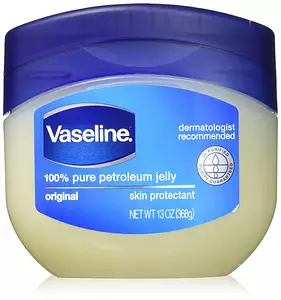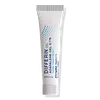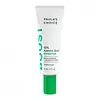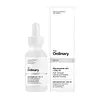
BrodyTosi
I am a second-year undergraduate studying my B.S. in human physiology on the pre-medicine track....
I am a second-year undergraduate studying my B.S. in human physiology on the pre-medicine track. I find the integument to be one of the most fascinating organs of the body, and likewise I've always had an eye for dermatology and skincare culture. I enjoy independently researching ingredients on both research databases such as WoS or PubMed as well as browsing more informal/blog-style databases like SkinSort, EWG, and CosDNA.
Reviewed, liked, holy grailed, and owned by BrodyTosi
Petroleum Jelly is one product I believe is quite underrated in the general skincare community due to hasty generalizations about its safety. Petroleum jelly is composed of mineral oils and waxes (i.e., paraffin wax) which can be...
Petroleum Jelly is one product I believe is quite underrated in the general skincare community due to hasty generalizations about its safety. Petroleum jelly is composed of mineral oils and waxes (i.e., paraffin wax) which can be generalized as mostly long-chain hydrocarbons that act as a hydrophobic (water repellent) occlusive to the skin. Occlusive ingredients such as petroleum jelly are very effective for preventing transepidermal water loss because they act as a physical layer to trap water along with natural moisturizing factors inside the skin while also temporarily protecting the skin against environmental aggressors. This mechanism can additionally be attributed to the overall efficacy of topical antibiotics like neomycin or polymyxin B as cut/burn treatments. When it comes to who should or shouldn't be using this product, my philosophy is that occlusive ingredients keep what is inside the skin, inside the skin. For skin types that are inherently at a hormonal imbalance or by other means overproducing sebum, this could indirectly lead to increased incidence of clogged sebaceous glands and subsequently acne. Another consideration is purity of the petroleum jelly used on the skin. I would personally stick to brands like Vaseline that have more stringent quality control measures, only because if petroleum jelly isn't fully refined this runs a minimal risk of carcinogenic contamination (the FDA monitors this as well, and honestly I would call this a minimal consideration with current carcinogenic research). As for who should use this product: dry skin, chapped skin, cracked skin, most skin types during the winter and/or in cold or arid climates. There is a vast amount of indications for using petroleum jelly that can likewise vastly benefit skin health. Aforementioned indications aside, my top two recommendations would be on skin in individuals taking oral isotretinoin (Accutane) and on skin that products running irritation and/or dryness risks are subsequently being applied to, specifically referencing topical retinoids (i.e., tazarotene, adapalene, tretinoin) and benzoyl peroxide. As always, do your own research (PubMed Central is a great start, or even Wikipedia!) and stay moisturized.
Shelves
The following shelves include Vaseline's 100% Pure Petroleum Jelly



